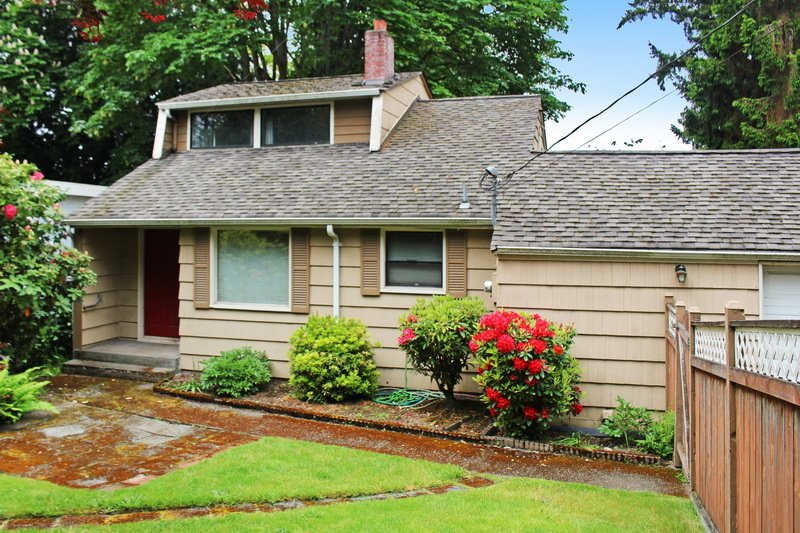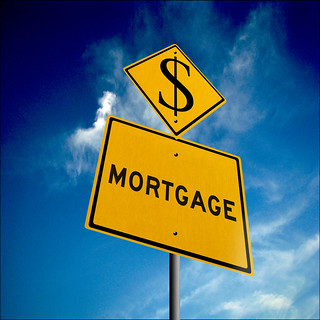Getting Pre-qualified
Financing a foreclosed home (or any home) has many steps, all of which can go more smoothly if you are prepared. Talking to a mortgage professional to get pre-qualified can help you understand what loans will work for your situation and will provide you with a price range of homes that you can afford. It will also provide you with useful budget estimations, assistance with negotiations, and preparations on how to make the right offer on a home. Do be aware that not all bank-owned/foreclosures homes are financeable due to their condition.
The mortgage that you are pre-qualified for may be more than you want to spend, so it is important that you come prepared with a budget. Only look for homes in a price range that falls below your fixed amount, and make sure to let your real estate agent know the maximum home price that will fit within your budget.
It is important to understand that a pre-qualification is just an estimate. It can be obtained easily from a lender, usually quickly and free of cost. It lets you and others know what you can reasonably afford. It is usually based on your income and assets, as well as an analysis of your credit score. It is not a guarantee of a loan, but an estimate of your purchasing power.
Getting pre-qualified shows agents and home sellers that your are serious about buying a home, which will make them much more willing to work with you. In addition, a pre-qualification letter is usually required to make an offer on a home. Keep in mind that there is nothing more disappointing than watching a home you love slip away because you were not in a position to move forward with an offer.
What is the difference between prequalification and being conditionally approved? A conditional approval is done in writing and approves a borrower for a specific loan product, rates and amount. This gives you, the borrower, a more specific interest rate and monthly payment to work with. If a conditional approval is signed, the lender is bound to honor the agreement.
How much home can you afford? Use our finance center (below) to learn about your loan options. There are several loan programs available, and depending on your credit history, there is bound to be one that is perfect for you. Here are a few examples of the most popular programs offered today:
Fixed-Rate Home Loan
A fixed-rate mortgage is a highly popular mortgage product. This is your typical 15- to 30-year loan, carrying the same interest rate throughout the duration. With the interest rate fixed, a borrower knows that the payments will not change. However, it should be noted that with the new Qualified Mortgage (QM) Rules, a lot has changed, along with steeper requirements from Freddie Mac and Fannie Mae. Contact your mortgage professional to find out what offers they can give you, as well as other details such as underwriting and down-payment.
Adjustable Rate Home Loans
As the interest rates change in the market, so does your personal interest rate. This will periodically alter your mortgage payment amount. How the rates change on an ARM depends on the type of loan product–some change every 6 months, some once a year, and some at other various lengths of time as defined in the loan contract. The rate changes in response to a 3rd party index, with an additional interest rate added on top (margin). An ARM can provide you with a lower interest rate than a fixed rate mortgage, which in turn could give you an initial lower payment for a year or two. This would benefit a buyer who is planning to be in the home for a short period of time, or one who wants to maximize their purchasing power in the event that they will have to pay a higher rate if or when the interest rates go up.
Types of financing for buying a bank owned or “foreclosed home:”
Conventional Loans usually offer a lower interest rate and meet industry requirements for the type of loan and the borrowers financial situation.
FHA and VA Mortgages
The Federal Housing Administration (FHA) mortgages are a type of Federal Assistance. THE FHA provides insurance to loans made through their program, and encourages lenders to loan money to people with a more risky financial situation. FHA loans tend to have lower down payments, lower credit scores, and past bankruptcies may not disqualify a borrower.
The Veterans Affairs department was created to help veterans or their surviving spouses purchase a home by offering no down payment and long-term financing to those who could not otherwise get approved for a loan.
Other Types of Financing:
You may find some other attractive loan offers through local city and state governments or non-profit organizations.
Financing a foreclosed home can be difficult since they vary in the condition of the home. Some are in a ready-to-move-in condition and some need a complete overhaul. If a home is not in good condition it may need some work to meet traditional financing requirements. In this case ask your mortgage professional about a rehabilitation mortgage/loan. This is a loan which allows a borrower to receive money as if the property were in a completed condition. This allows the borrower to have funds to complete any repairs necessary in order to increase the value of the home. The foreclosed homes that have too many problems will not be financeable and the seller will only accept cash.
Buying a foreclosure home takes some planning and knowing what one can afford is the first place to start.


